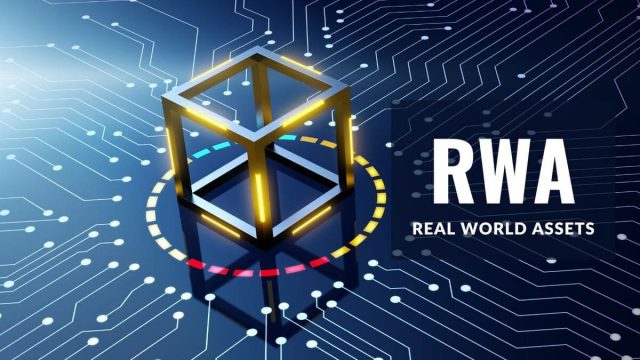The bills that have not been paid, the frequency with which this happened, if you have already entered the overdraft and renegotiated debts. All of this makes up your profile as a payer and generates a score, or credit score, a grade assigned by credit bureaus, which use statistical models and techniques to determine the chances of the consumer becoming in default.
But how does the score work? How to check this score? Can you get a higher grade? Clear your doubts below:
What is the credit score?
The score is a score assigned by credit bureaus, such as Serasa, SPC, Boa Vista and Quod, which use statistical models and techniques to determine the chances of a consumer becoming in default. Using demographic, behavioral and historical information, they indicate the chance that the consumer will be able to pay the credit he wants to contract.
The score goes from 1 to 1,000. The higher the score, the lower the possibility that the consumer will default and, thus, the lower the risk he offers to the creditor. In theory, the consumer with the best score can get credit at a lower cost, or interest.
How can this affect people’s lives?
The score works as a kind of “thermometer” of the consumer’s financial health. For the superintendent of products and business at SPC Brasil, Marcelo Aragona, the score goes beyond assessing the propensity to default, being able to open or close doors in the market for this consumer. That is, depending on the score, it can be easier or more difficult to get a loan, for example.
Can credit be denied according to the score?
According to the Central Bank, yes. A lower grade may lead the institution to deny a credit operation, as there is a risk of default in this operation. The financial institution may also require more guarantees for the transaction, or the offer of higher interest rates or less advantageous payment terms.
How to check your score?
Consumers can check their score through the websites or apps of the main credit bureaus.
You must register to access the score.
How to reverse a low score?
Having a low score doesn’t work like a sentence. The situation can be reversed with the timely payment of contracted credits, financing and loans, as well as consumption and service bills (electricity, water and telephone). For those with a dirty name, leaving the defaulter register also helps to improve the score.
Who can consult this score?
Commerce, banks, finance companies and service providers are some examples. As long as they have a commercial relationship with the consumer and he is interested in obtaining some type of credit, in self-financing, in term purchase or in other commercial and business transactions that imply financial risk.
Is it possible to know who consulted my score?
Yes. Consumers have the right to know who all consulted their score in the last 6 months. This information must be provided free of charge within 10 days of the request.
Is the score different between credit bureaus?
The scores can be different yes, since each one has a methodology, information bank and criteria to arrive at the score.
Am I required to have a score?
No. No natural or legal person is obliged to have their data entered into positive registration databases. However, Complementary Law 166, of 2019, provides for the automatic registration with payment information of any individuals and legal entities, regardless of prior authorization. But those who do not want to register with the score, can withdraw them at any time.
How to remove my score from the databases?
Each database must inform which channels are available to request the registration cancellation free of charge. As the databases are shared, when addressing a database manager, he is obliged to inform the other managers of his decision not to participate.
The cancellation and reopening of registration will only be processed upon a free request from the registered person to the manager, by telephone, physical and electronic means.
The manager will have up to 2 business days to close or reopen the registration, as requested, and transmit the request to the other managers, who must also respond, within the same period, to the registration’s request.
After cancellation, your information is no longer stored and does not make up your credit history for the duration of the cancellation.
After canceling, can I reopen my score?
Yes. To do so, go to one of the positive registration managers and formalize your intention to reopen your registration. Your request must be processed within 2 business days. Reopening registration is free.
However, if soon after reopening the consumer needs to present his score for a credit operation, the institution asks to wait for the formation of a new updated history to better evaluate the payment profile.
This is because, while the score is cancelled, the database no longer receives information about the consumer and they are only entered again when reopening is requested.
Reference: CNN Brasil
I am Sophia william, author of World Stock Market. I have a degree in journalism from the University of Missouri and I have worked as a reporter for several news websites. I have a passion for writing and informing people about the latest news and events happening in the world. I strive to be accurate and unbiased in my reporting, and I hope to provide readers with valuable information that they can use to make informed decisions.







